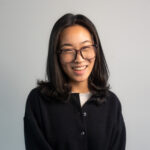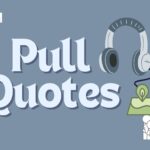When the reporting stops, the reading continues
Journalists read and write for a living. Yet, when deadline pressures fade and the news cycle resets, what writing, if any, truly shapes their perspectives? Whether it’s radical critiques, whodunits, or musical analyses, the books we read inevitably bleed into the stories we tell. Here, three Canadian journalists share the books that shape their writing—and, in some ways, their worldview.
Luc Rinaldi: The Art of Uncovering Stories
Luc Rinaldi’s journalism reads like a page-turner. Writing for The Walrus, Maclean’s, or Toronto Life, he delves beneath the surface, discovering the complex truths hidden within each story. “Do you have great characters? Do you have a great unfolding of events?” Rinaldi asks. For him, every story is an opportunity to reveal something deeper about “who we are and what we do.”
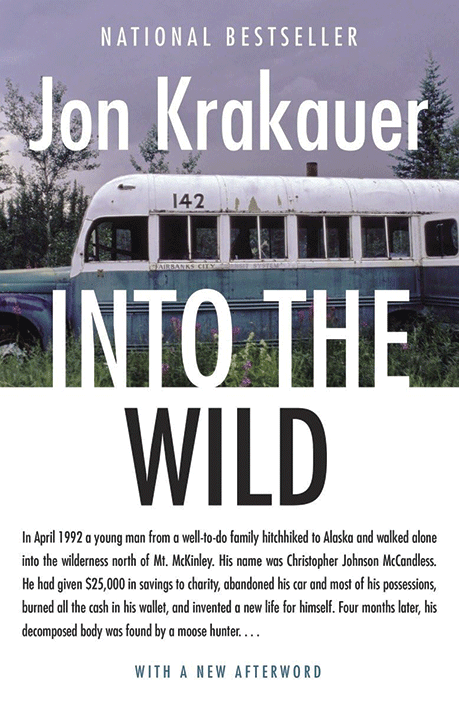
Rinaldi says one book that is “probably responsible for me becoming a journalist” is Into the Wild by Jon Krakauer. He was drawn to the book’s themes of rebellion, self-discovery, and adventure. But, like any good book, his relationship with it has evolved. As he grew older, he began to appreciate it on a deeper level: “Now what stands out to me is the storytelling, the reporting. I thought, How fun! To follow my curiosity and uncover the truth.”
However, there is a fine line between uncovering the truth and becoming a part of the story. For any journalist grappling with the ethical dimensions of their work, Rinaldi recommends The Journalist and the Murderer by Janet Malcolm. “It’s a real gut check,” he says. “It forces you to think about how you impact your subjects, even after the story’s out there.”
Daysha Loppie: Presence in Slips of Absence
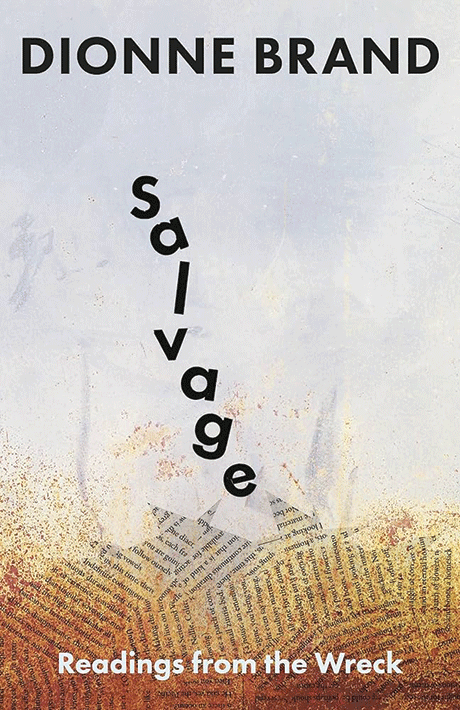
Daysha Loppie doesn’t just read. As a CBC Black Journalism Fellow from 2024–25 and a York University master’s student in social and political thought, she interrogates. Although far from an exhaustive list, her must-reads include Wayward Lives, Beautiful Experiments by Saidiya Hartman, Salvage by Dionne Brand, and Listening to Images by Tina M. Campt. “I’m reading for presence in slips of absence,” she says. “These books interrogate how we document people, especially Black people.”
Her writing for The Local, the Toronto Star, and CBC is often shaped by a deep awareness of what has been left unsaid—who is recorded, who is erased, and why. The Black feminist authors she reads have not only inspired her writing but also influenced her thoughts on language, existence, and the reporting of history. Even with a packed schedule of reporting and academic research, Loppie prioritizes reading. “It was very important to my mom growing up,” she says. “Even if I don’t have time, I make time.”
Jason Anderson: Tuning into the Why
Jason Anderson, Toronto International Film Festival film programmer and arts journalist, is more interested in the mechanics of creativity than the finished product. “Since I write a lot about movies and music, I think a lot about the functions operating within them—ideas about why we even make art, or who it’s for,” says Anderson. “Some people think you do it for everyone, and that’s not true.”
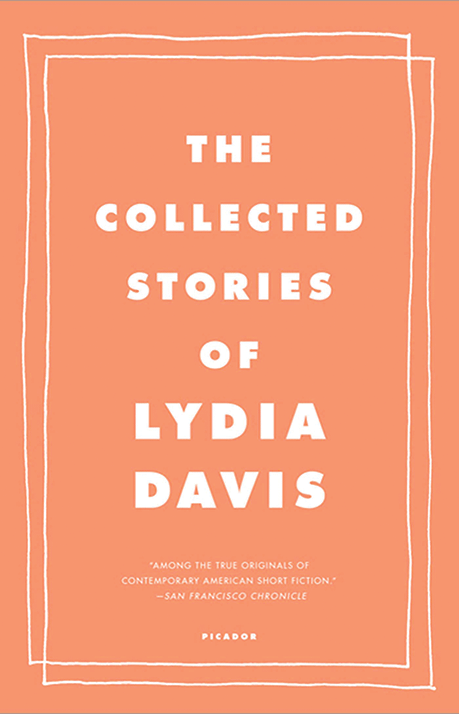
Right now, Anderson gravitates toward sharp, tightly constructed short stories, like Donald Barthelme’s Collected Stories and The Collected Stories of Lydia Davis, for their precision and impact. “That aesthetic—so packed, specific, and often really funny—I’m most influenced by that.”
For arts journalists, he highly recommends Revolution in the Head: The Beatles’ Records and the Sixties by Ian MacDonald, which dissects every song in the band’s recorded catalogue through history and musicology. “I teach film criticism and try to encourage people to look deeply and think about how something is actually working, and less about your own response,” he says. “Why do you feel like that? What is it doing to make you feel like that?”
The mix of theory and practicality shapes both his writing and his film programming. Even in a field where time is scarce, he keeps reading—because understanding art means understanding why it resonates.
About the author
As a soon-to-be graduate of the Bachelor of Journalism program at TMU, Jin has recognized her deep respect for structure and storytelling—and an equally deep need to question everything. Obsessed with dissecting the scaffolding ideas that hold the world together, she thrives on uncovering the “why’s.” When she’s not doing freelance work in web design, branding, or editing, you can find her in video essay rabbit holes on topics she didn’t know she cared about—or cooking
